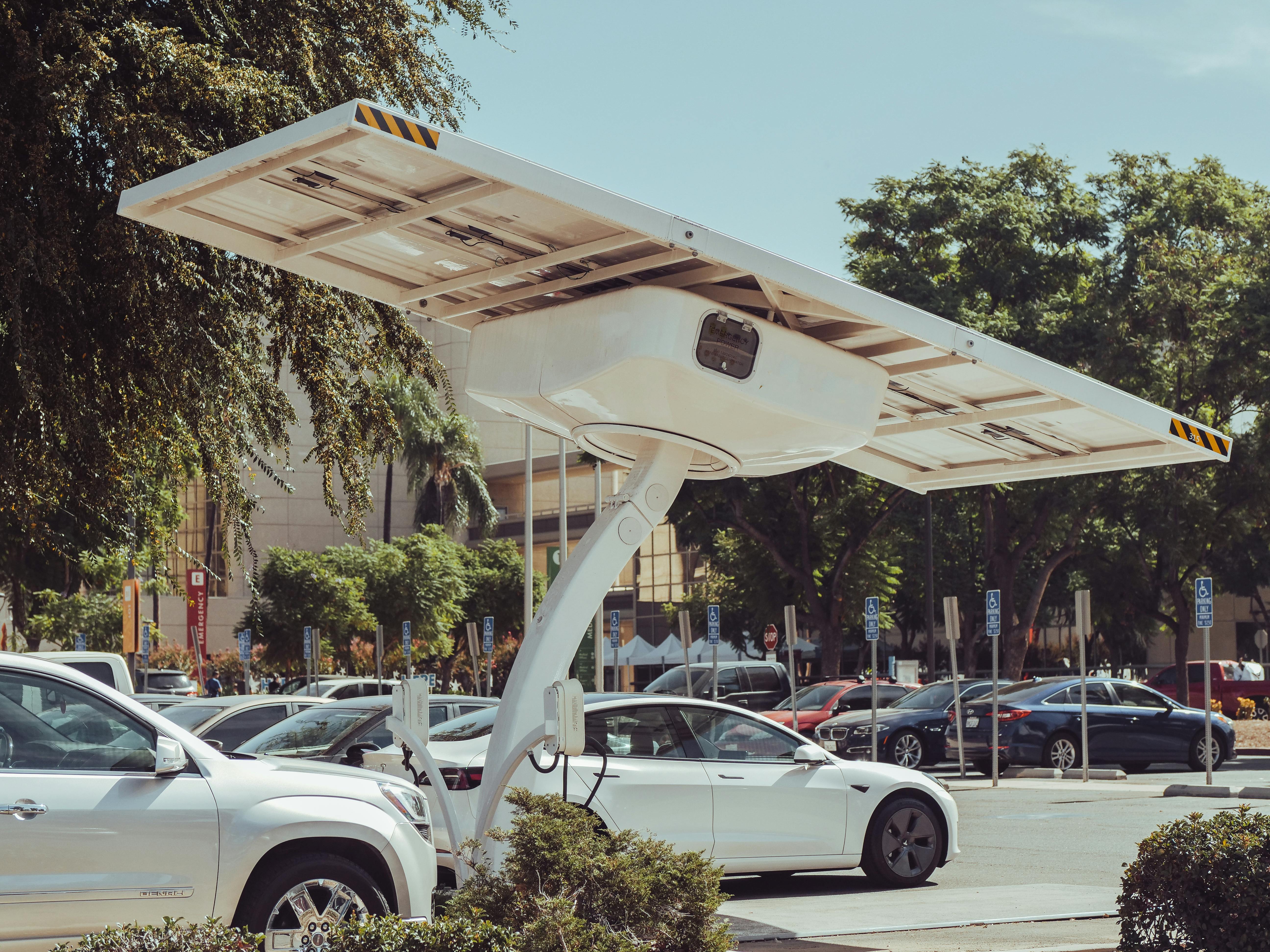Imagine a world where electric vehicle (EV) batteries don’t end up in landfills, but instead become a valuable resource, fueling a circular economy. Imagine that this recycled resource helps make EVs more affordable, accelerating their adoption and contributing to a greener planet. This is the future I envision – a future where EV battery recycling is a key to sustainability and affordability.
Recently, Gartner predicted that by the end of 2025, a whopping 85 million EVs will be on the road! That’s a 33% increase from 2024! This exciting news also brings a stark reality into focus – the looming challenge of what to do with all those batteries once they reach the end of their life in a vehicle.
The Problem with EV Battery Waste
- Raw Material Shortage: EVs rely on rare metals like lithium, cobalt, and nickel, and demand is skyrocketing. Simply mining more isn’t sustainable – it’s environmentally damaging and can rely on unethical labor practices.
- High Battery Prices: The scarcity of raw materials directly impacts the price of EV batteries, making EVs less affordable for the average consumer.
- Improper Disposal: Without proper recycling infrastructure, spent batteries could end up in landfills, posing environmental hazards and wasting valuable resources.
These problems are rooted in a lack of established, scalable recycling infrastructure and a traditional linear “take-make-dispose” model. The automotive and power industries have historically operated independently, and collaboration on battery recycling is still in its early stages.
Turning Problems into Possibilities
I firmly believe that if we tackle the challenges of EV battery recycling head-on, we can turn them into possibilities. If we can:

then we can achieve the utopian vision of a sustainable and affordable EV future.
Solutions for a Sustainable EV Battery Ecosystem
- Government Regulations: Governments play a crucial role in promoting battery recycling by setting targets, offering incentives, and mandating responsible disposal. The EU is already leading the way with its ambitious battery recycling policies.
- Technological Advancements: Investing in research and development of efficient and cost-effective recycling technologies is essential. Consider the potential of hydrometallurgy or direct recycling to recover valuable materials from spent batteries.
- Industry Collaboration: Partnerships between automakers, battery manufacturers, recycling companies, and utilities are critical. Sharing data and expertise can help streamline the entire recycling process.
- Consumer Awareness: Educating consumers about the importance of battery recycling and the proper disposal of their EV batteries can significantly contribute to the success of these initiatives.
By embracing these solutions, we can unlock the full potential of EV battery recycling, leading to:

I would love to hear your thoughts on this crucial topic. How do you see the future of EV battery recycling unfolding? Share your perspectives and ideas in the comments below!
Sources:
- Future of Asia – Capturing growth in Asia’s emerging EV ecosystem, (McKinsey) June 2022
- Gartner Outlines a New Phase for Electric Vehicles, March 7, 2024
- Gartner Forecasts 85 Million Electric Vehicles Will Be on the Road by End of 2025, October 14, 2024
- eMobility accelerated, Creating a seamless customer experience through value chain convergence, (Accenture), 2023
We offer a range of marketing and branding services, led by top professionals who have decades of experience. To know more about how we can take your organization to a higher orbit, visit Our Services Page or drop in an email to connect.
